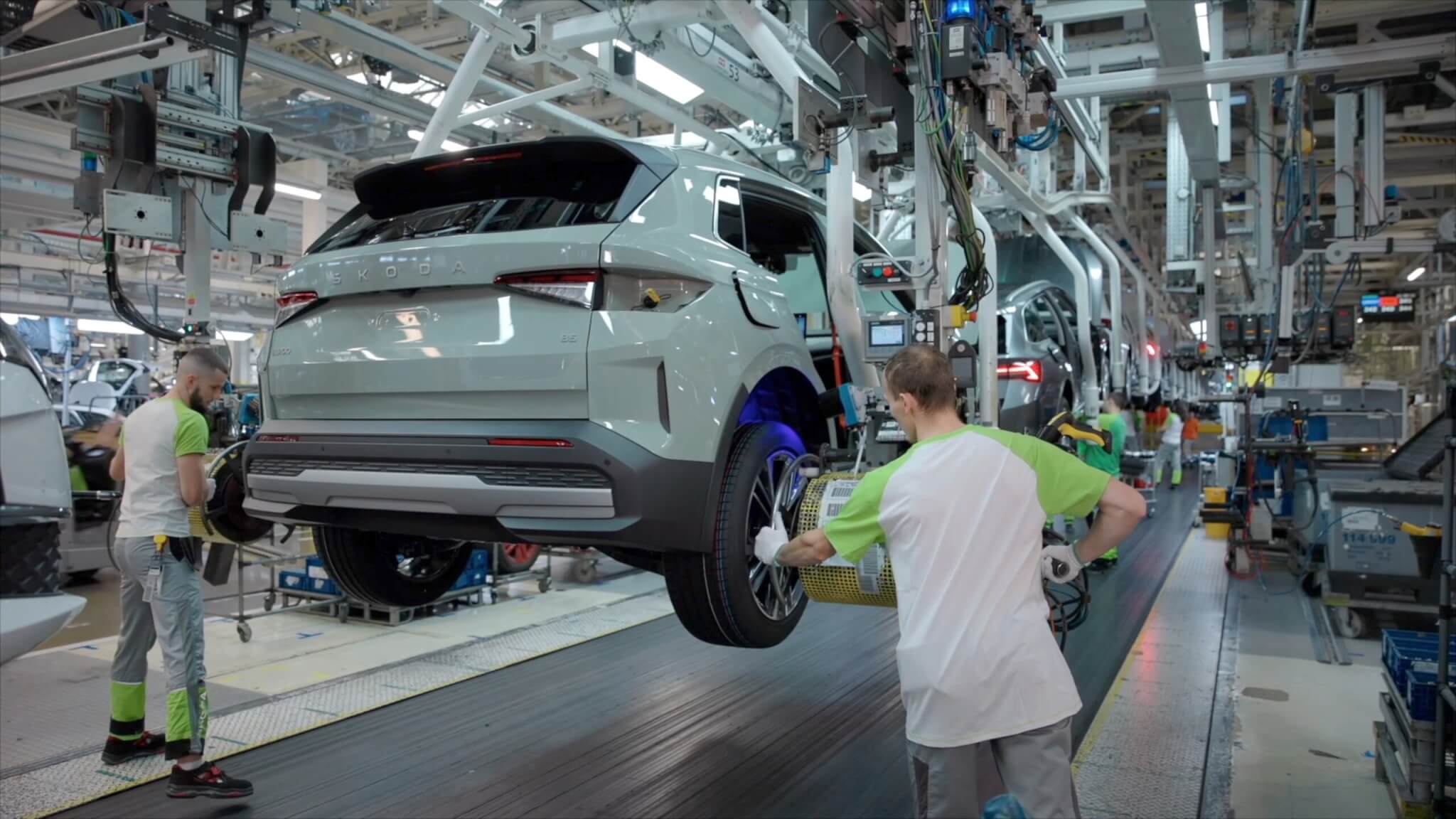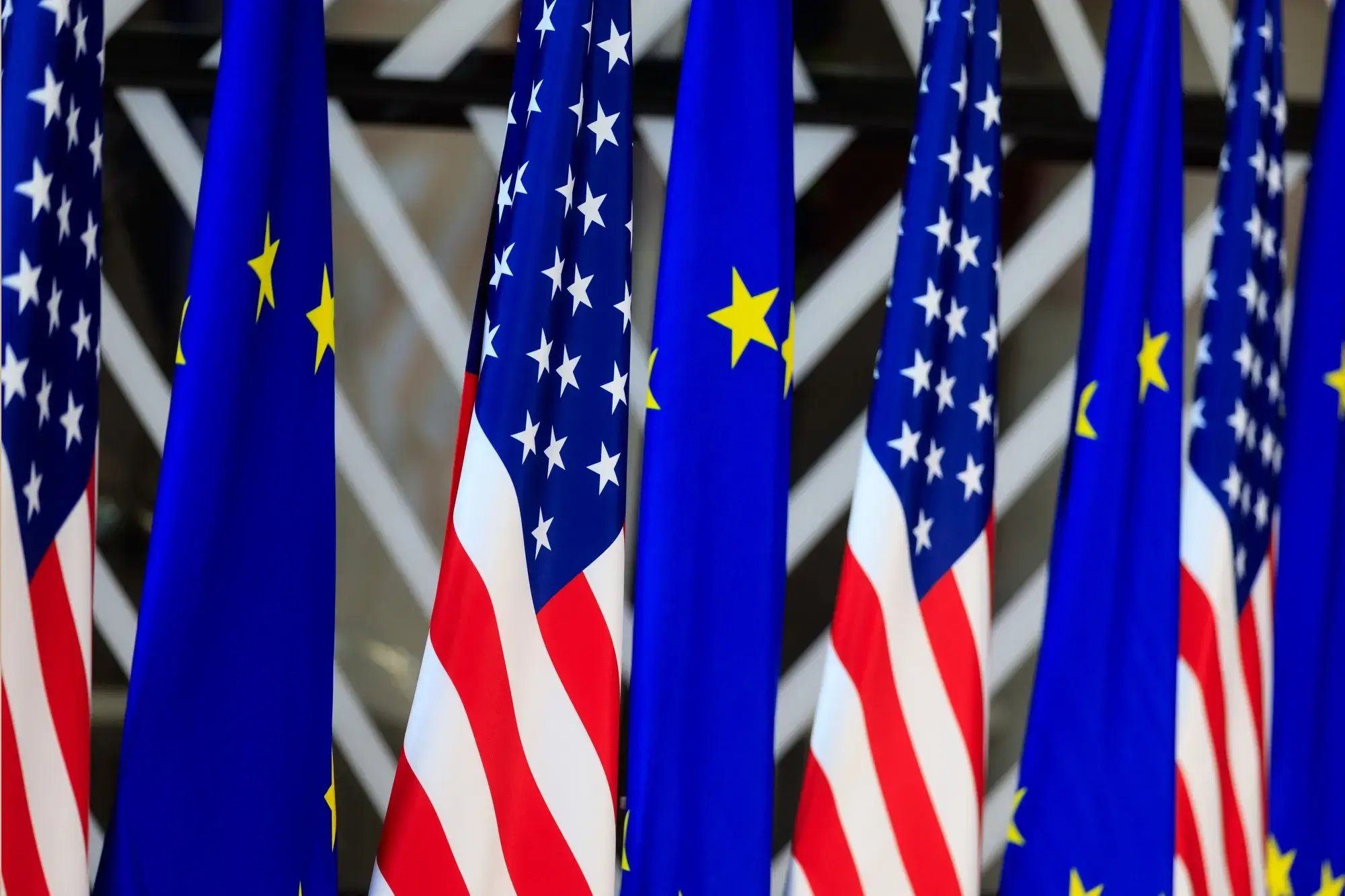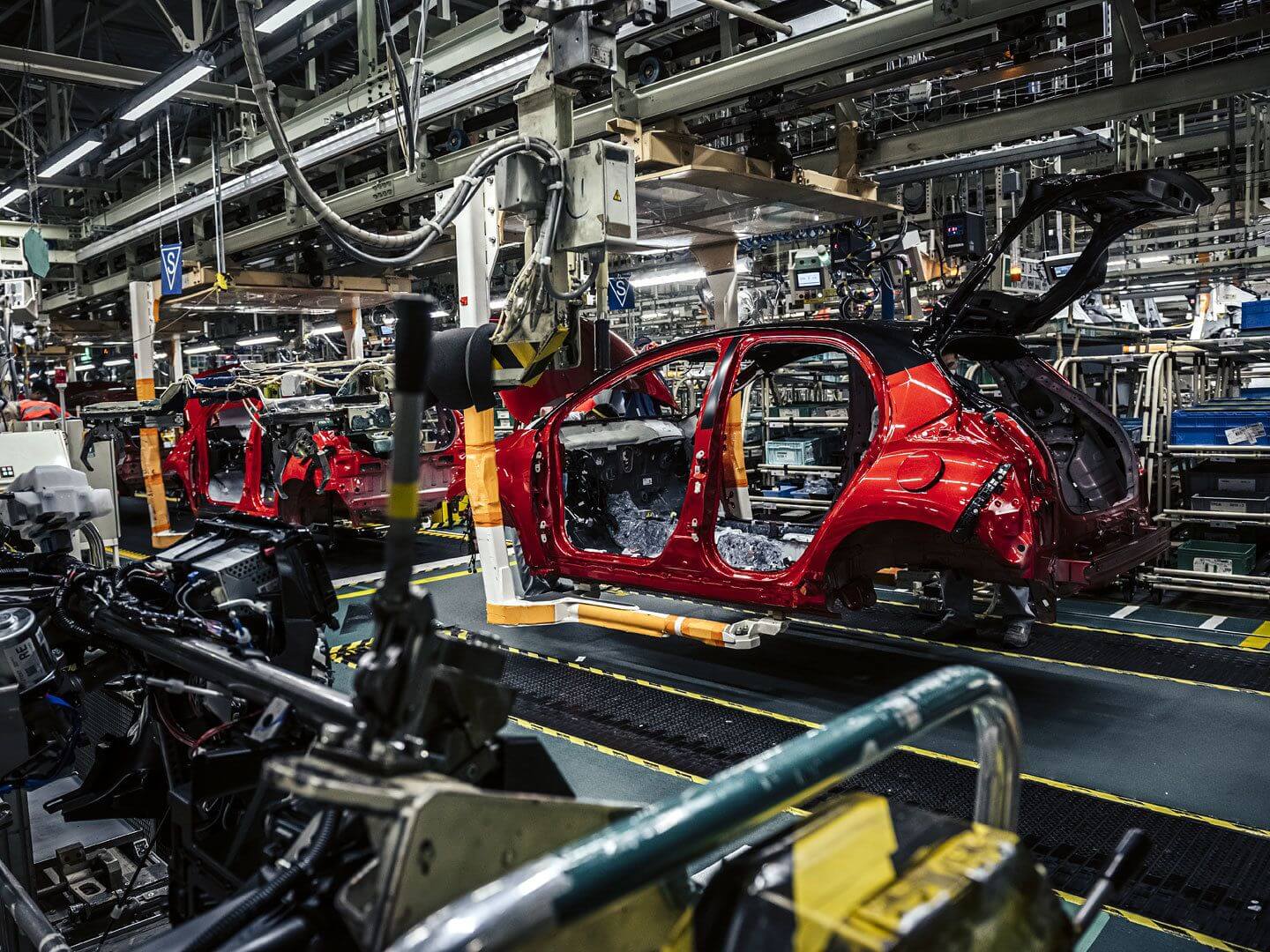April another record month for electric vehicle production
In the first four months, a total of 490,868 passenger vehicles were completed on the lines of domestic manufacturers, down 7.6% year-on-year. The motorcycle segment also recorded lower production results, with 238 units produced. On the other hand, the prod








